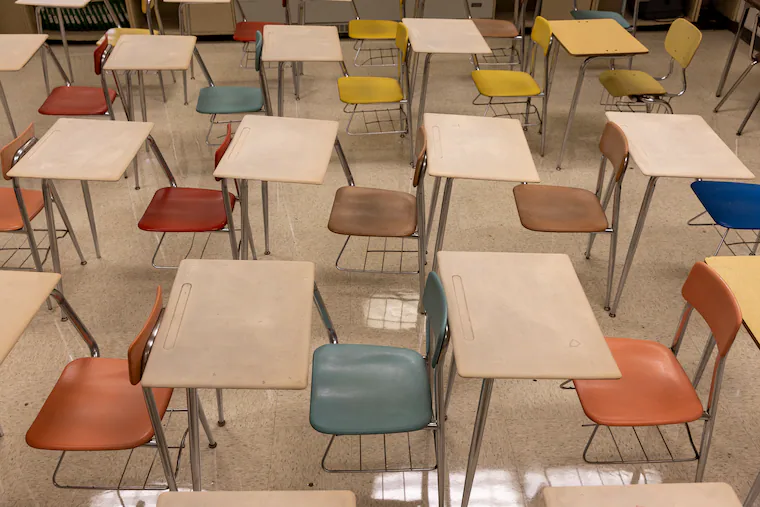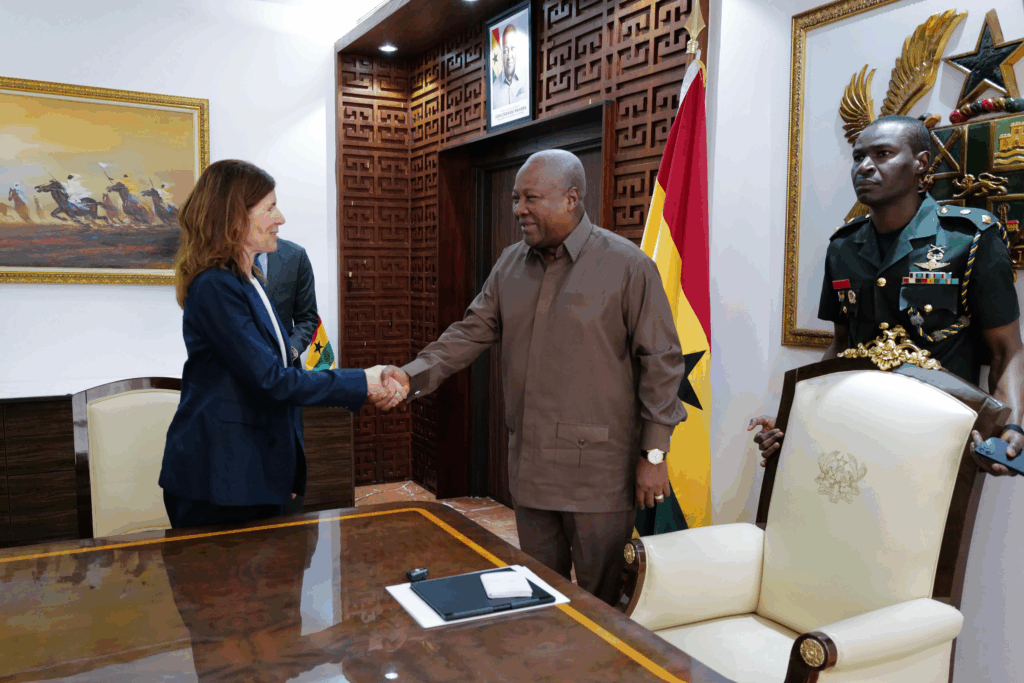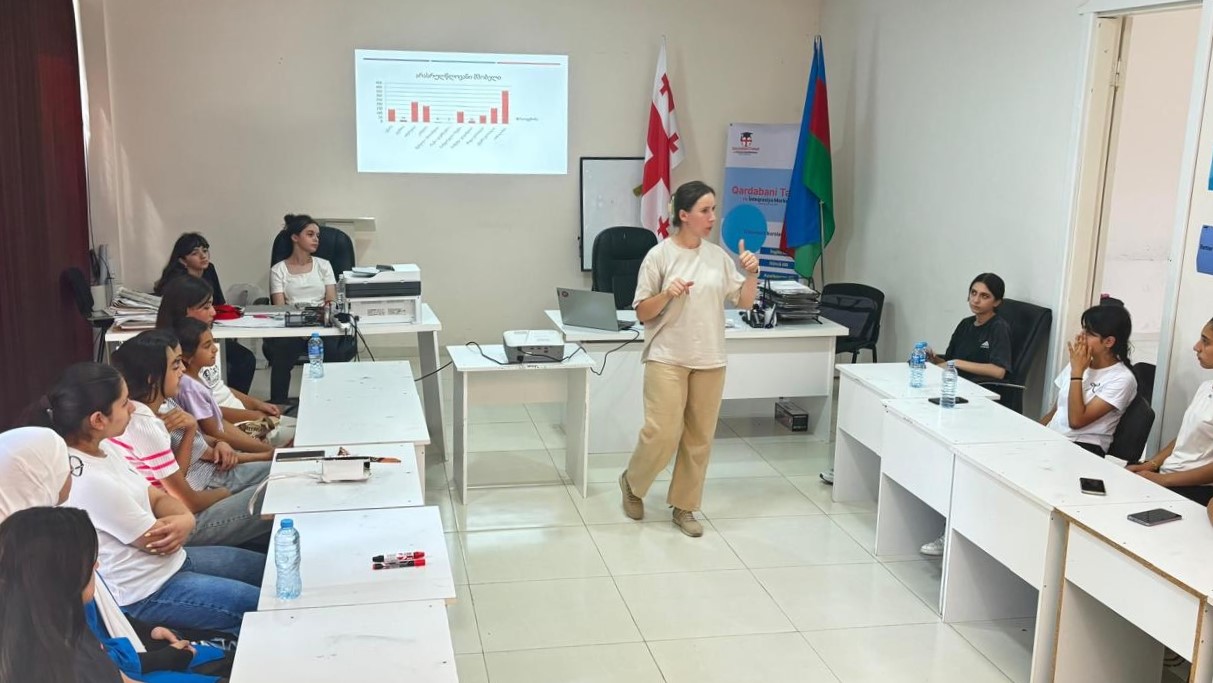
Sophia Delva-Saunders loves her job as a paraprofessional, supporting students with disabilities at Roxborough High. She finds it personally rewarding and professionally challenging.
But her pay is a problem, she said.
Delva-Saunders, who has 16 years’ experience in the key classroom job, is at the top of the Philadelphia School District’s pay scale for paraprofessionals. Last year, she made $36,856.
“It’s just not enough,” Delva-Saunders said. “I want us to have a strategic system for our district, so that we can make some good future advancement. Can’t we sprinkle a little something for everybody in the contract?”
» READ MORE: Philly teachers’ raises and bonuses are on the way with the school board’s approval of the PFT contract
A three-year Philadelphia Federation of Teachers contract was finalized by the school board Thursday, giving all members three years of 3% raises, a $1,400 bonus, and, for paraprofessionals lower in the pay scale, an additional $3,000 pay increase. (Starting paraprofessionals now make $27,447 per year.)
But while the PFT contract was approved by a majority of those who cast ballots, just under 50% of the membership opted to vote. The deal was ratified by a 69% to 31% vote — more than 2,000 members wanted the PFT to go back to the drawing board.
Among the no votes was Maeve Rooney, a teacher at Mitchell Elementary in Southwest Philadelphia.
A dominant issue for her was the district’s attendance policy for PFT employees. The old policy penalized teachers for taking their sick time.
Rooney advocated against the policy, which mandated escalating discipline as teachers took sick time, starting with the third occurrence — and possibly escalating to a recommendation for termination. But she doesn’t see the new policy as a win. PFT members can be subject to discipline after they take 10 sick days, though principals have the ability to make exceptions.
“If someone is working for a bully administrator, they’re really going to have a hard time,” Rooney said. “This new policy really puts the policy into administrator’s hands.”
Under the old system, discipline was meted out by “occurrences,” not by straight sick days — so if a teacher was out for three consecutive days with a sick child, that would count as only one occurrence.
“This is actually worse,” Rooney said.
Rooney feels frustrated, she said, not just because of the attendance policy, but also because of paraprofessionals’ low salaries.
“In this education profession, we’re constantly having to deal with the bare minimum, and I feel like this contract was settling,” Rooney said. “We have to change the pattern.”
Paraprofessionals context
Arthur Steinberg, PFT’s president, acknowledged the district’s more than 2,500 paraprofessionals’ low salary. “Paras do not earn enough money; that is really not a sufficient wage to pay people,” he said.
But, Steinberg said, historical context is needed — in 2017, paras’ starting salary was about $18,000. Gains have been made in salary, but also in a new professional development route for paraprofessionals.
Plus, he said, paraprofessionals get the same health benefits as teachers, unlike in many suburban districts, where they are in a separate bargaining unit, sometimes with lesser benefits.
In the last contract, the PFT and district established the paraprofessionals pathway, which pays for paras to earn college degrees and certifications to become teachers. That program continues under the next contract, and is expanded to other groups of employees, including secretaries.
“In the overall environment that we’re living, we have accomplished a great deal over the last six years,” Steinberg said. “We are not representing that they shouldn’t earn more money, but we’re proud of the fact that we’ve been able to increase it by this much.”
Gemayel Keyes worked as a paraprofessional at Spruance Elementary in the Northeast for more than a decade; now, he’s a teacher at Spruance, thanks to the para pathways program.
Keyes knows how little paras earn. But he said there also have been gains.
“The pay scale was totally reworked so there are higher starting salaries — that happened with the last contract, and you can’t ignore that,” Keyes said. “There’s always room for improvement, but you don’t get everything for every group in every contract.”
Delva-Saunders said she is geared up to help paras and other PFT members organize and advocate for the next contract, due in August 2028.
Among her priorities? A focus on retention and compensation, including for seasoned paras who have to step in and do multiple jobs when there are vacancies, or who are required to train newer paras.
“There has to be supports on all levels,” she said. “Nobody’s voice should be shut out. Everyone has a valid point, and everyone has a perspective.”
10 sick days, no consequences
As for the attendance changes, Steinberg and LeShawna Coleman, PFT chief of staff and chief negotiator, believe the shifts will benefit many more members than they might trouble.
“What members clearly told us before we went into negotiations was, ‘I want to be able to use my 10 sick days without any consequence at all,’” Steinberg said. “Under the old policy, everything was prescribed — once you had your absences or occurrences, the principal had no discretion and had to impose whatever penalties or sanctions.”
In the case of teachers or other PFT members working for a principal with whom they have an adversarial relationship, PFT can appeal to the district’s talent office to advocate for employees who go past 10 sick days.
And those who experience catastrophic illnesses are automatically exempt from discipline.



